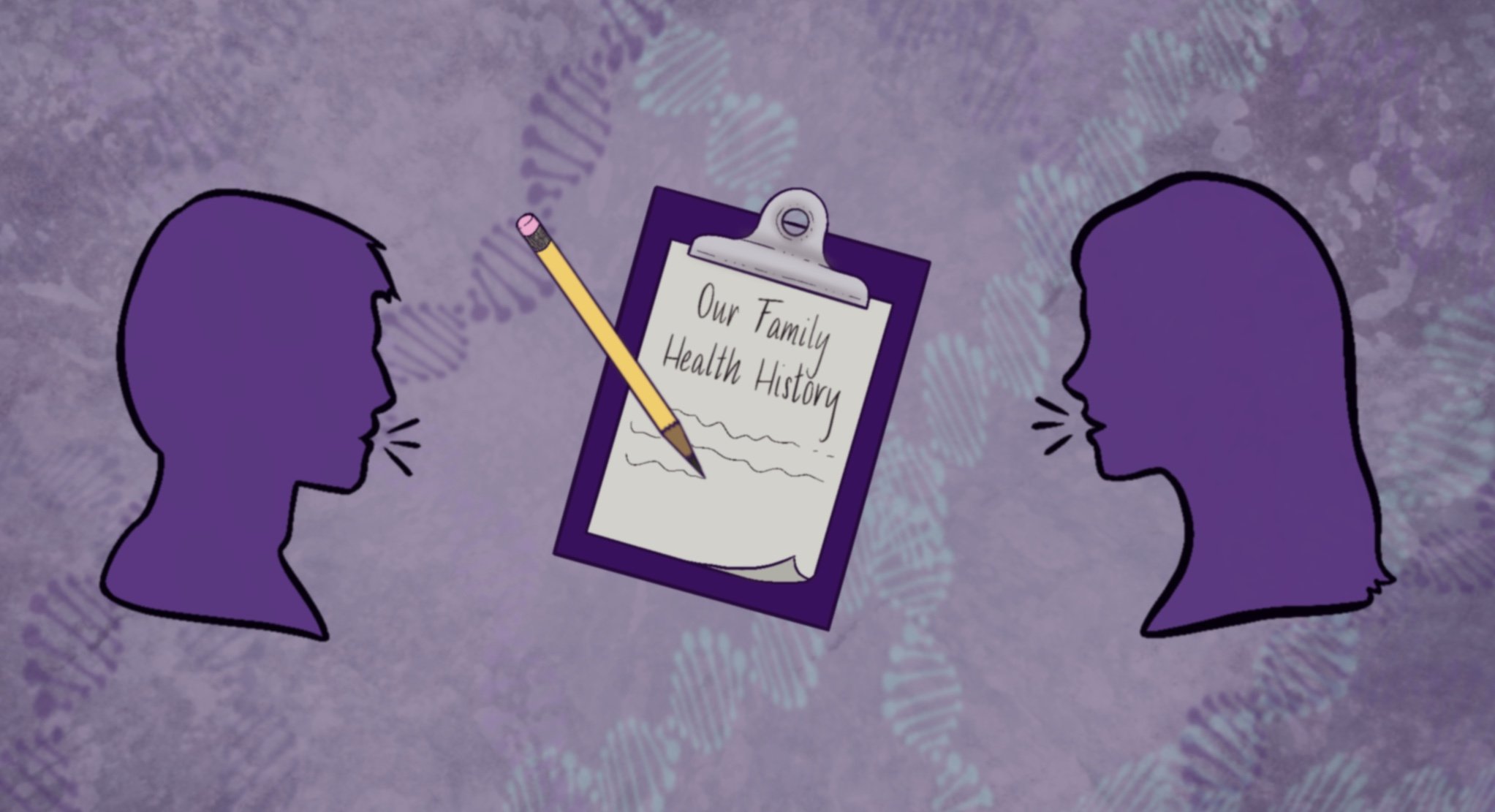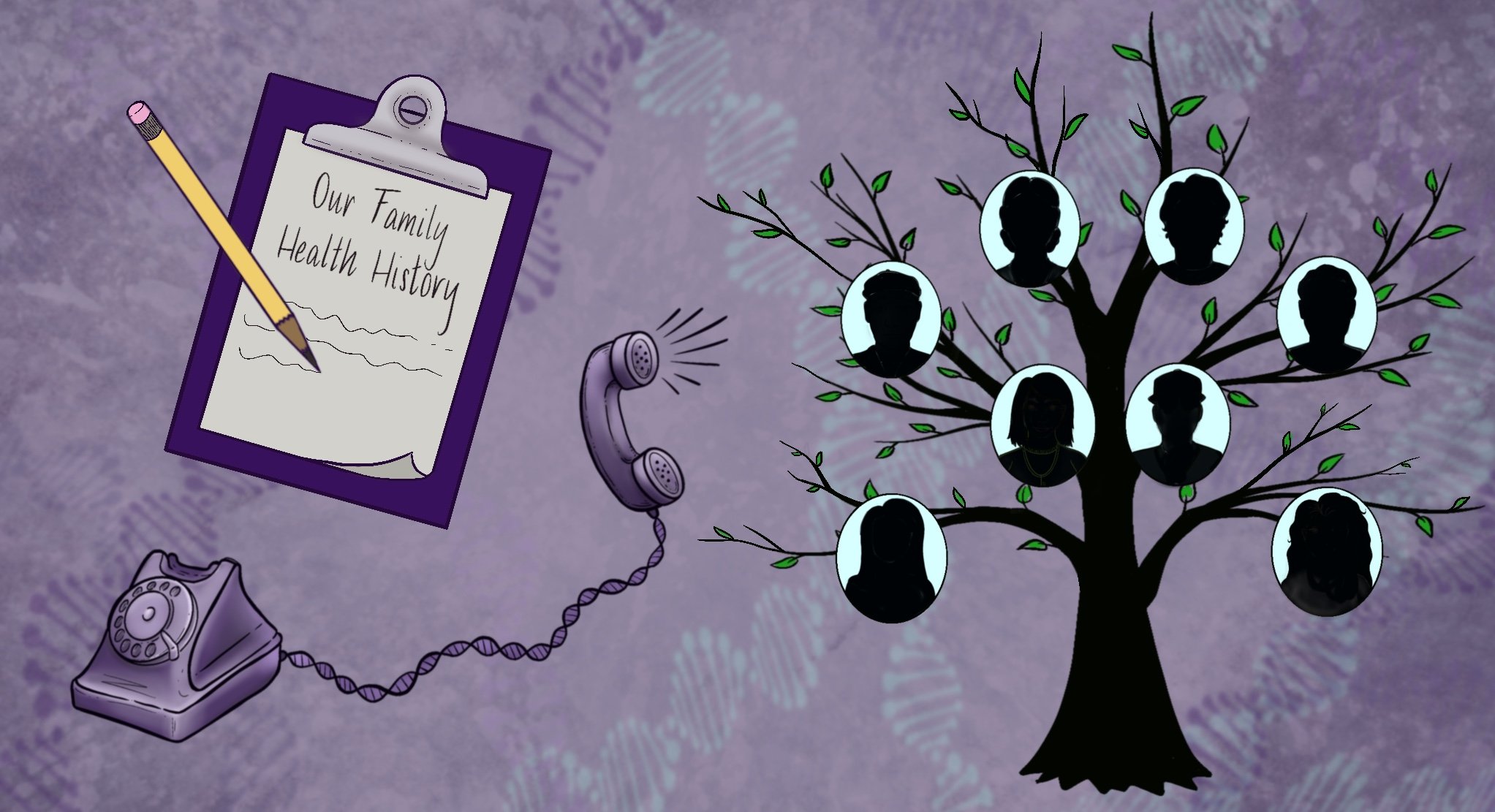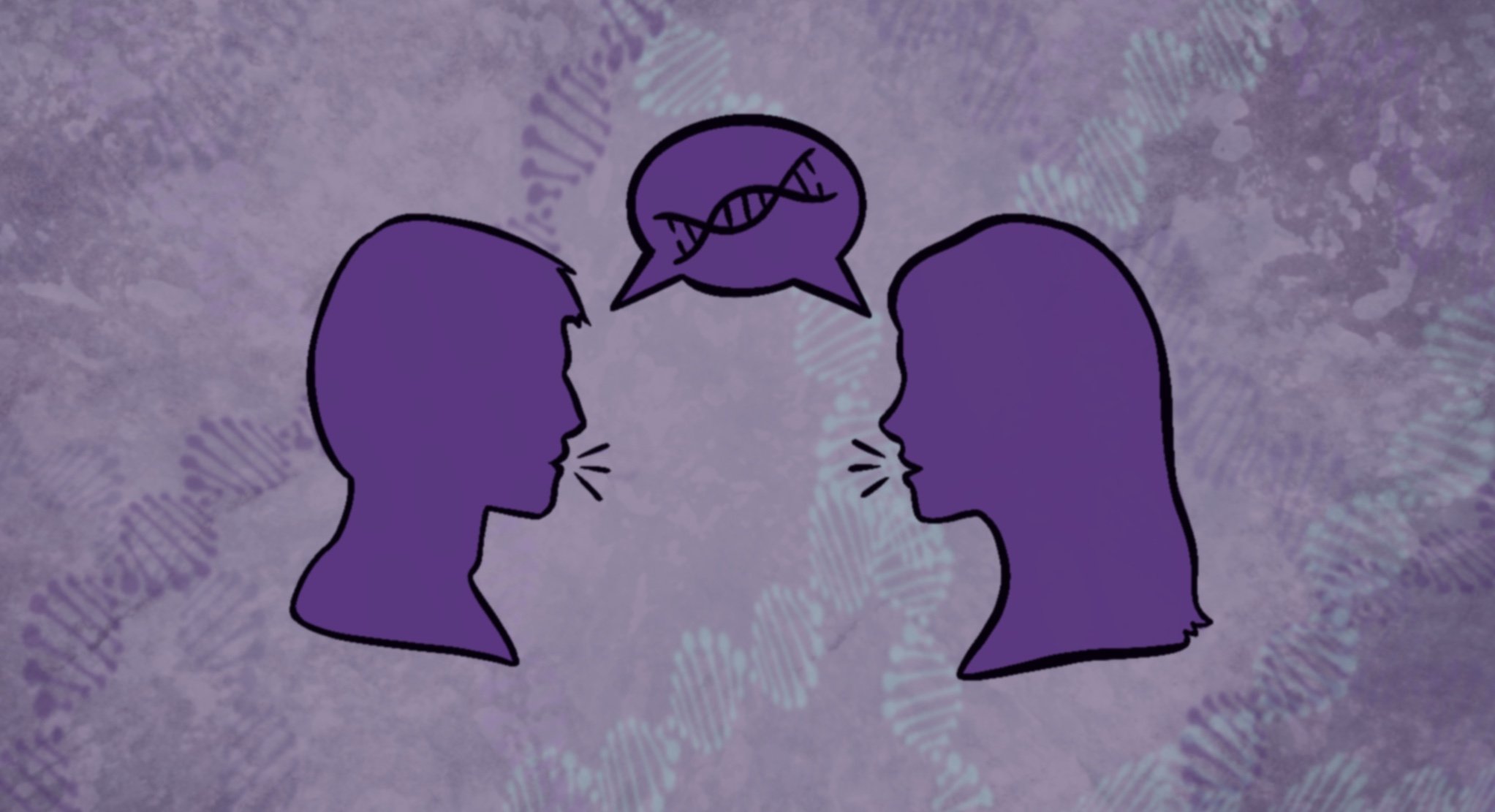Ask a GC: Family Health Histories (Chapter 3)
Suggestions for acting on your family health history from our Genetic Counseling team
How to talk to relatives about your family health history
Series Overview: Doctors usually turn to genetic testing to screen for health risks or spot diseases that are hard to diagnose, but the available education surrounding what these tests actually do is often bogged down with confusing scientific language that makes it difficult to understand. This is where Genetic Counselors (GC) come in to provide personalized assistance to both patients and their families. My name is Elizabeth and I have a Masters degree in Human Genetics & Genetic Counseling, which means that I spent 2.5 years after 4 years of college learning how to become a translator of the alphabet soup that is Genetics and explain it in a way that makes sense to everyone. If you are here reading this blog you may be dealing with some health complications that do not have a known cause, your doctor may have suggested genetic testing and/or counseling to learn more about your risk factors for disease or symptoms your body is showing, or you may just be curious about this type of testing in general. Ask a GC is a blog series that aims to empower patients (like you!) to know WHO to ask, WHAT to ask, WHEN to ask it, and WHERE to find answers about your Genetics questions and how they play into your healthcare journey. As a Genetic Counselor who has seen all types of genetic disease both professionally and personally, I aim to bring you this information with compassion and understanding as you navigate the interesting but sometimes overwhelming world of Genetics!
Please note: Though GenomicMD's Ask a GC series is written under the guidance of healthcare professionals and may refer to recent medical recommendations, it is not intended to be used as personalized medical advice. For medical evaluation or to develop a healthcare plan, please speak with your doctor or healthcare provider.
A family health history is a record of health information about a person and his or her close relatives. Family members generally share similar genetic backgrounds, but also usually have shared environments and lifestyles as well. Together, these factors can give clues to health conditions that may run in a family. Let’s discuss how you can talk with your family about the importance of documenting this information for future generations.

Why is it important to know your family health history?
A family health history can help identify people with a higher chance of having common conditions, including but not limited to: heart disease, high blood pressure (also called hypertension), stroke, certain cancers, and type 2 diabetes. It can also provide information about the risk of more rare conditions caused by variants (sometimes called mutations) in a single gene, such as cystic fibrosis and sickle cell disease. While a family health history provides details about the risk of specific health concerns, having relatives with a condition does not necessarily mean that an individual will definitely develop that condition. Knowing one’s family health history simply allows a person the ability to take more calculated steps to reduce his or her health risks.
How to Collect Your Family Health History:

Discussing family history with minor children
Many parents spend hours planning to talk with their children about “the birds and the bees”, but often ignore an equally important conversation - discussing their family’s overall health history. The more parents know and share about their family’s health history with their children, the better they can help them avoid preventable health problems later in life.
When beginning to dive into this discussion with children, parents should first take care to ensure the conversation is age-appropriate. For younger children, this means talking about the family health history in a way that your child might best understand, using more simple or general terms. Using analogies that give children a bigger picture can often help. For example, a parent could explain genetic risk by comparing it to a game of bingo. It is a game of chance just like genetic risk, and though a number CAN be called during the game, does not mean that it WILL be called. Everyone knows that children do not all learn and absorb information in the same way, and you know your child best on this matter, so go with your instinct!
Teenagers have often had a few science classes under their belt that give them a better and more well-rounded understanding of genetics and other health risks, so it's best to use more details when discussing family health history with them. Do not make the mistake of discounting a teenager's ability to grasp concepts that apply to them, or how important these details can be in helping them make healthy choices. For example, if a history of addiction runs in the family, you could begin conversations about why it’s especially important for people in your family to avoid alcohol & tobacco in the early teen years.
Knowing is Not Enough - Act on Your Family Health History
After spending time gathering and discussing this information with your family, take what you have learned to heart. Don’t just understand and document your family’s health history – use your knowledge to guide conversations with your healthcare team that help create better, healthier, and more optimistic life outcomes for you and those you love. We will dive deeper into suggestions for how to start these conversations in Chapter 3 of this mini-series on Family Health History, so stay tuned for more info!

Three final tips for gathering and sharing family history information:
Thank you for joining me on this journey to break down a conversation that might seem intimidating - but does not have to be! Even as a genetic counselor, I am sometimes guilty of pushing these conversations off. However, talking about your family health history can bring relatives closer together and even be truly life-saving at times. Please join me next time for part 2 of this discussion, which will review this topic from the opposite side and give a few tips and tricks on how to talk to relatives about your own genetic test results!
Blog Glossary:
High blood pressure - A condition in which the force of the blood against the artery walls is too high
Type 2 diabetes - A chronic condition that affects the way the body processes blood sugar (glucose)
Cystic Fibrosis - A progressive, genetic disease that affects that lungs, pancreas, and other organs
Sickle Cell Disease - Inherited disorder in which the red blood cells have a crescent shape, block small blood vessels, and do not last as long as normal red blood cells
Family Health History - A record of the diseases and health conditions in your family
Chronic diseases - A health condition that is persistent or otherwise long-lasting in its effects or a disease that comes with time. The term chronic is often applied when the course of the disease lasts for more than three months.
Suggestions for acting on your family health history from our Genetic Counseling team
What does a Genetic Counselor do and when do you need to talk to one? Find out here!
How to talk to your relatives about genetic test results